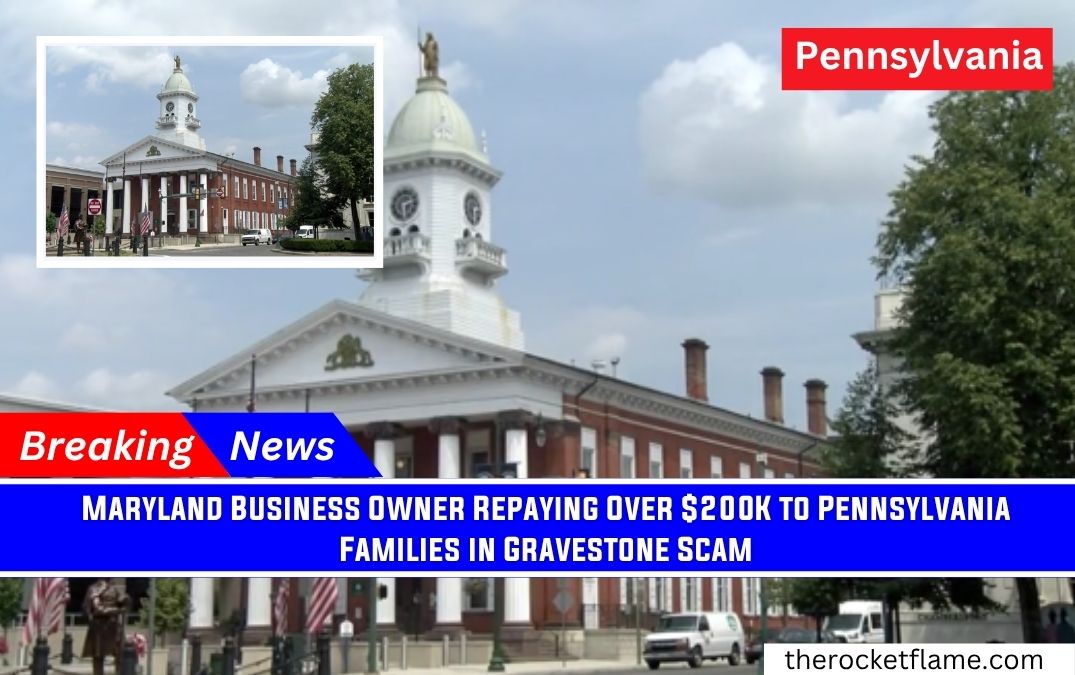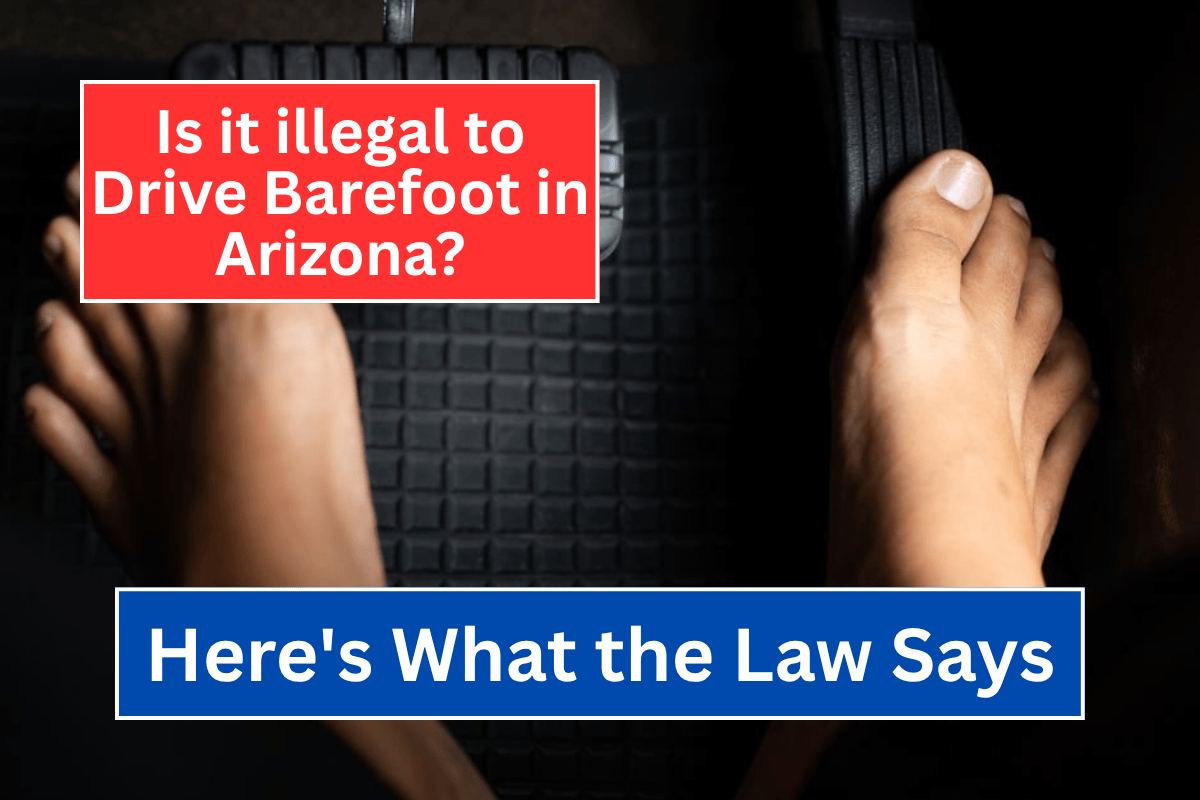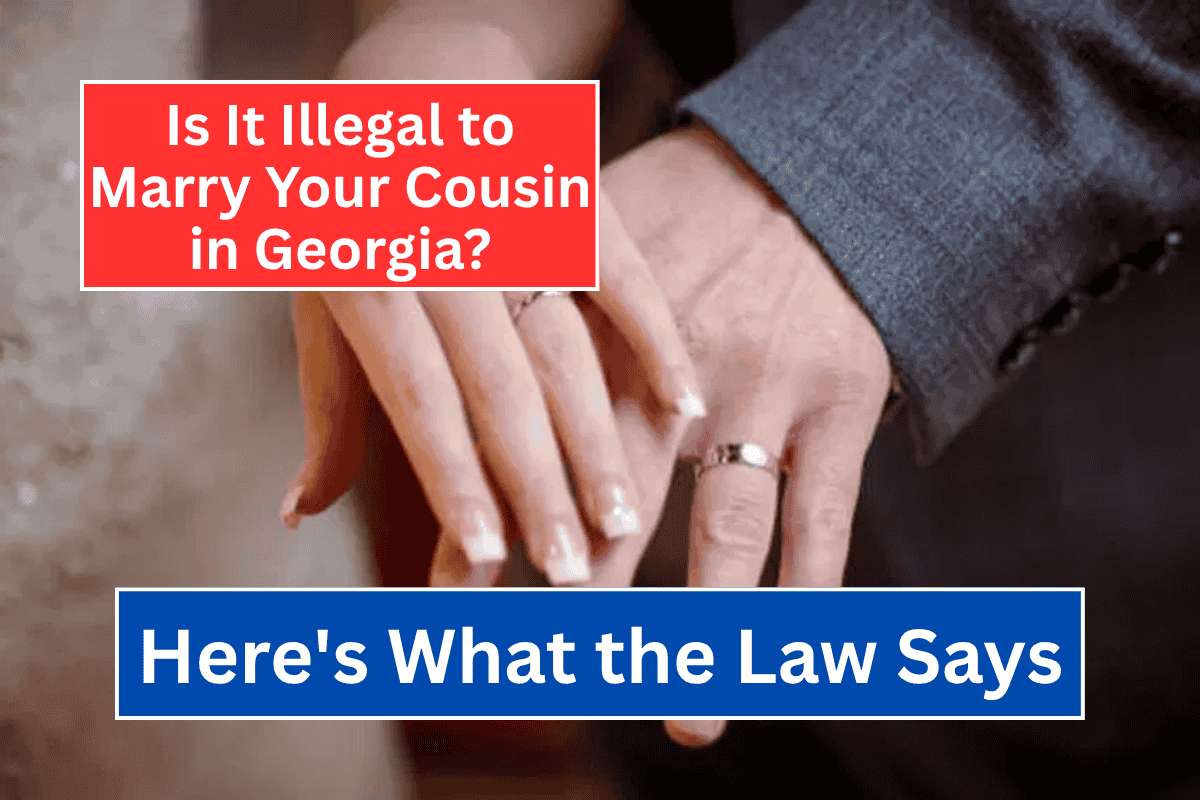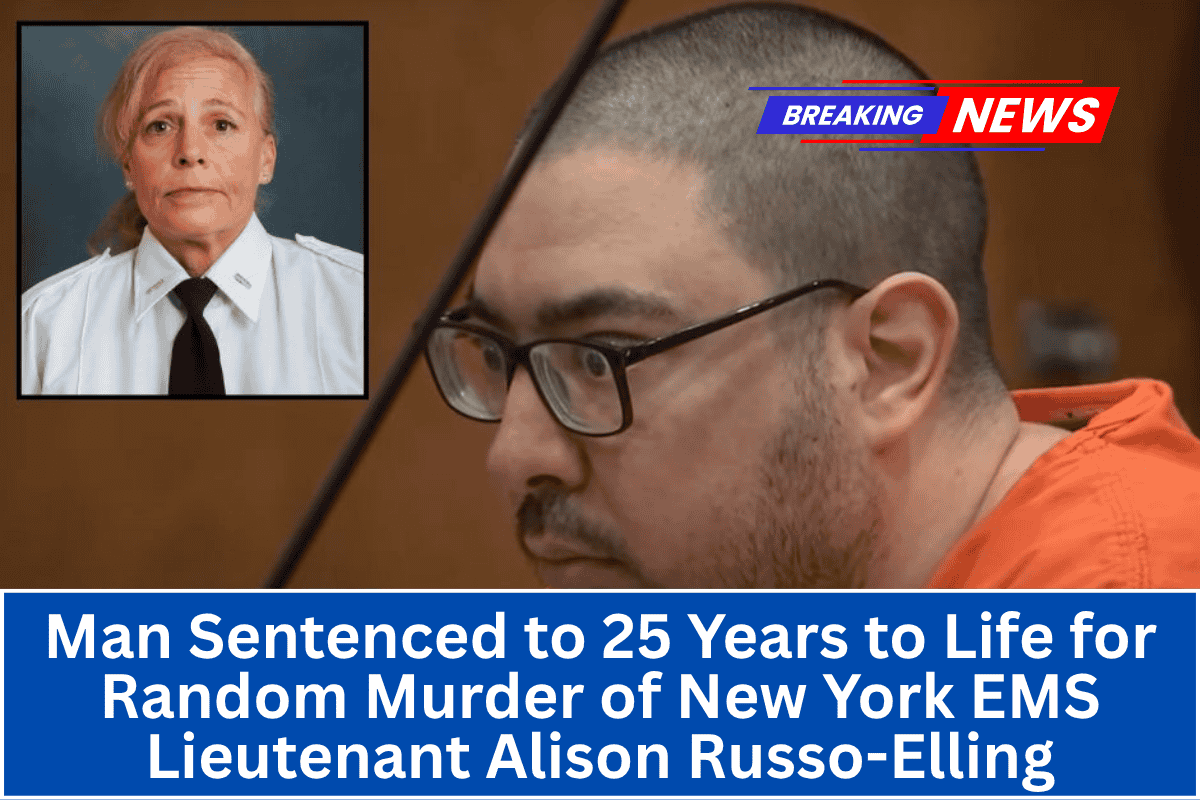A Maryland man who owned a now-closed casket and gravestone business is paying restitution to more than 70 Pennsylvania families after pleading guilty to theft.
The Franklin County case highlights how the scam targeted grieving families, with losses totaling over $200,000.
What Happened
Richard Freeman Jr., 39, formerly operated Greencastle Bronze & Granite.
He pleaded guilty in Franklin County court to stealing money from families who paid him for gravestones and caskets that were never delivered.
More than 70 families were affected, primarily from Pennsylvania.
Key Details
- Total Amount Stolen: Over $200,000
- Initial Restitution Paid: $50,000
- Sentence: 21 years of probation
- Potential Prison Time: Up to 4 years if probation terms are violated
- Location: Franklin County, Pennsylvania
Freeman admitted to taking payments from grieving families and never fulfilling the promised services. The court prioritized restitution over incarceration, believing that prison would delay or prevent victims from receiving repayment.
Reactions or Statements
Judge Mary Beth sharply criticized Freeman, calling his behavior cowardly.
Victim DeEtta Lesher emotionally told the court:
“To me, it wasn’t as much the money as it was the hurt… My husband didn’t get his marker.”
Judith Garretson, who lost her husband in 2022, told Freeman directly:
“You are going to meet God. I would not want to be in your shoes.”
Freeman apologized in court, saying:
“I am working to make this right.”
Investigation or What’s Next
Freeman remains on probation for the next 21 years.
He is required to continue making restitution payments or risk facing prison time.
The court will monitor compliance closely, ensuring he honors all financial obligations to victims.
FAQs
Who is Richard Freeman Jr.?
A former Maryland business owner who operated Greencastle Bronze & Granite.
How much did he steal?
More than $200,000 from over 70 families.
What was the sentence?
21 years of probation, with the requirement to repay all victims.
Why wasn’t he sent to prison?
The court decided that full restitution was more likely outside of prison, where he could earn and pay back victims.
What happens if he fails to pay?
He could face up to four years in prison if probation terms are violated.
Summary / Final Takeaway
The case of Richard Freeman Jr. underscores the emotional and financial damage inflicted when businesses exploit families during times of grief.
While the court chose restitution over incarceration, Freeman’s victims are still waiting for justice in the form of repayment and closure.












